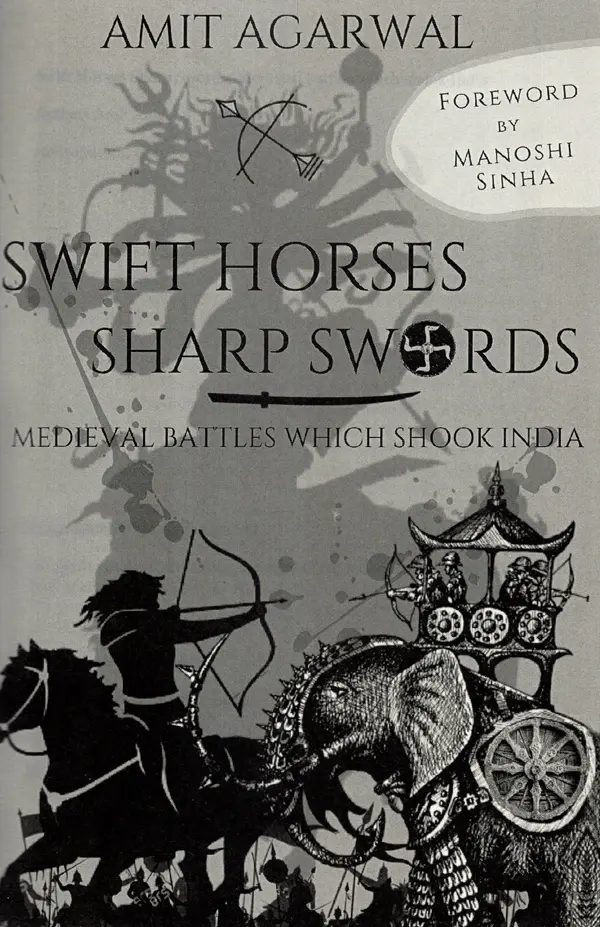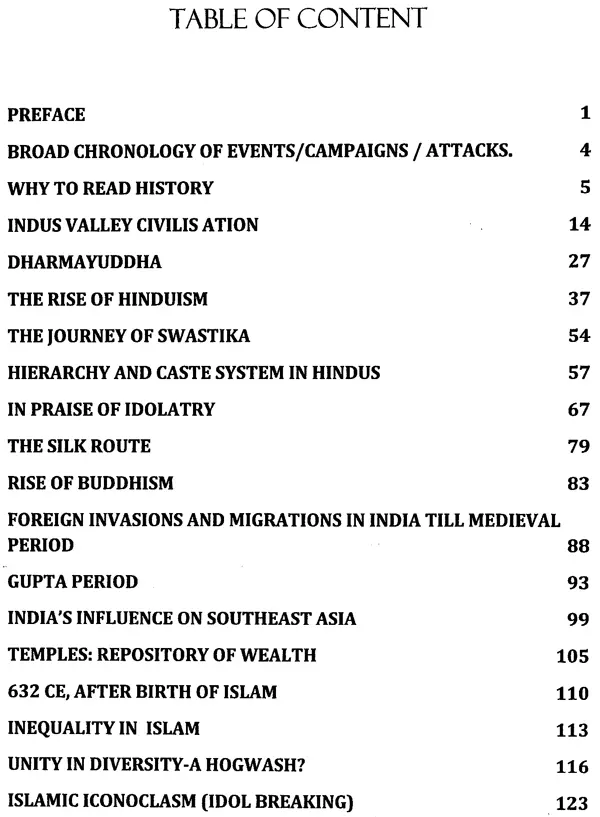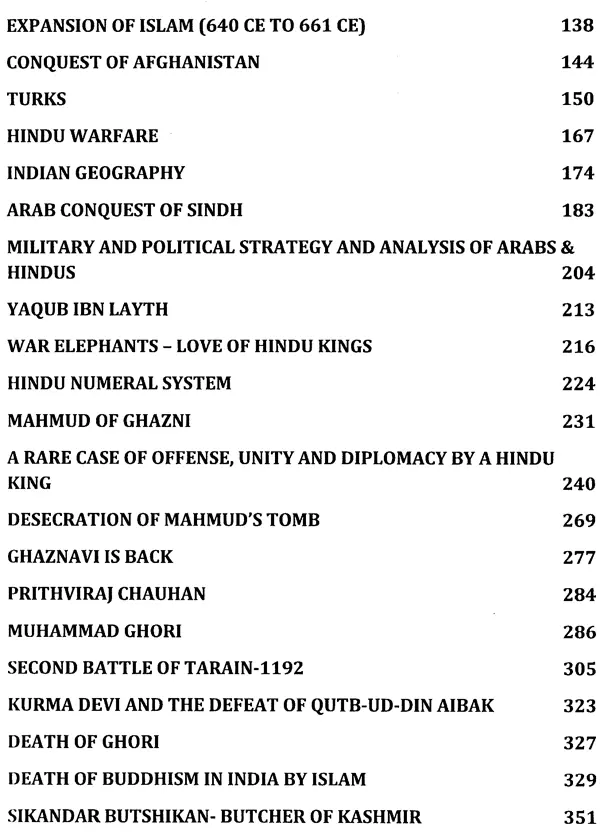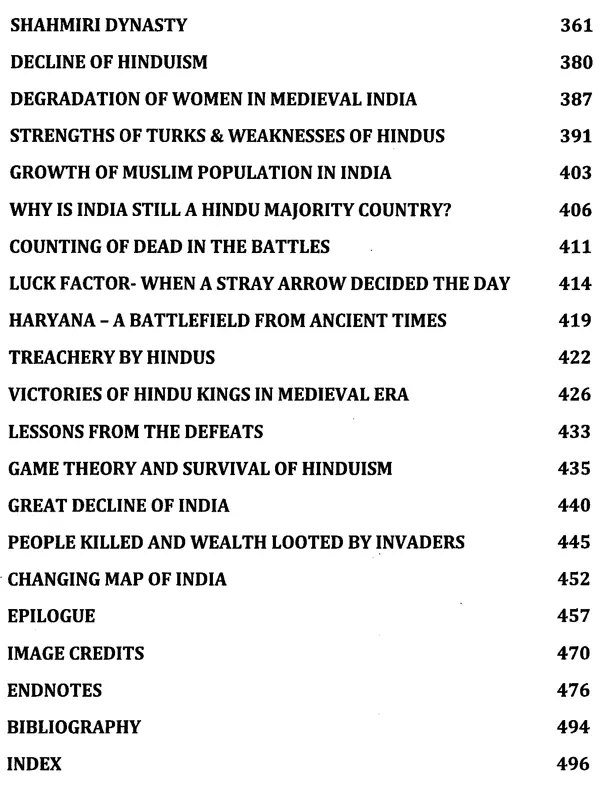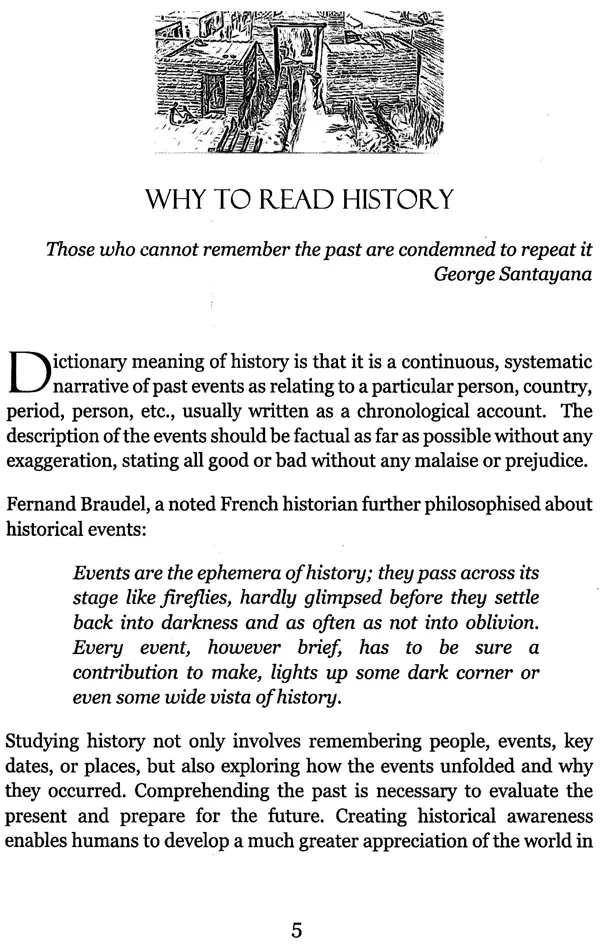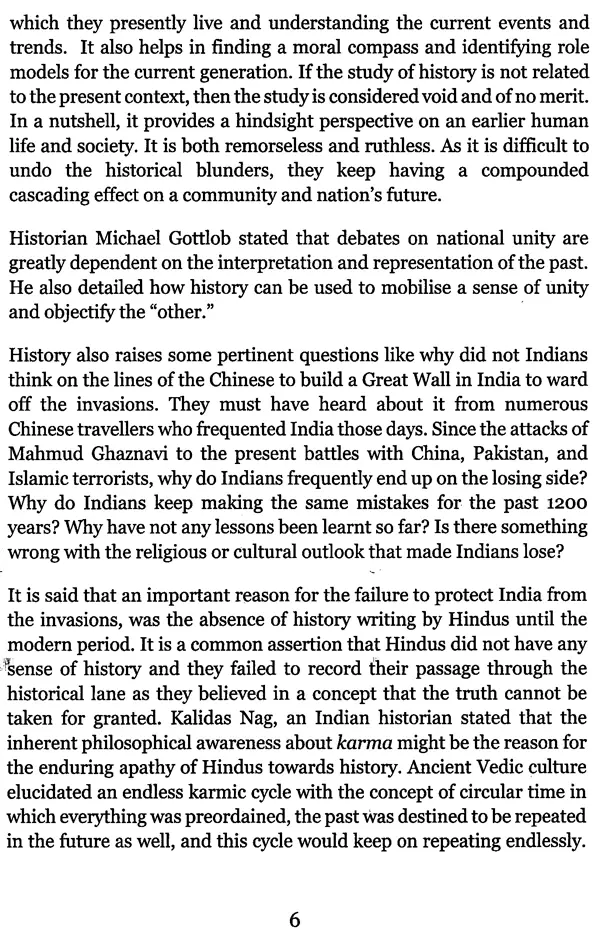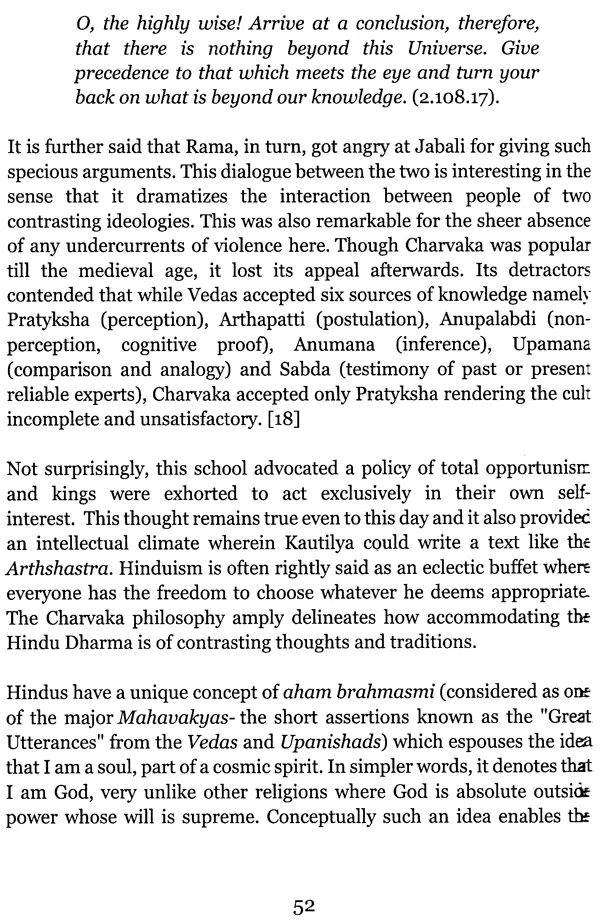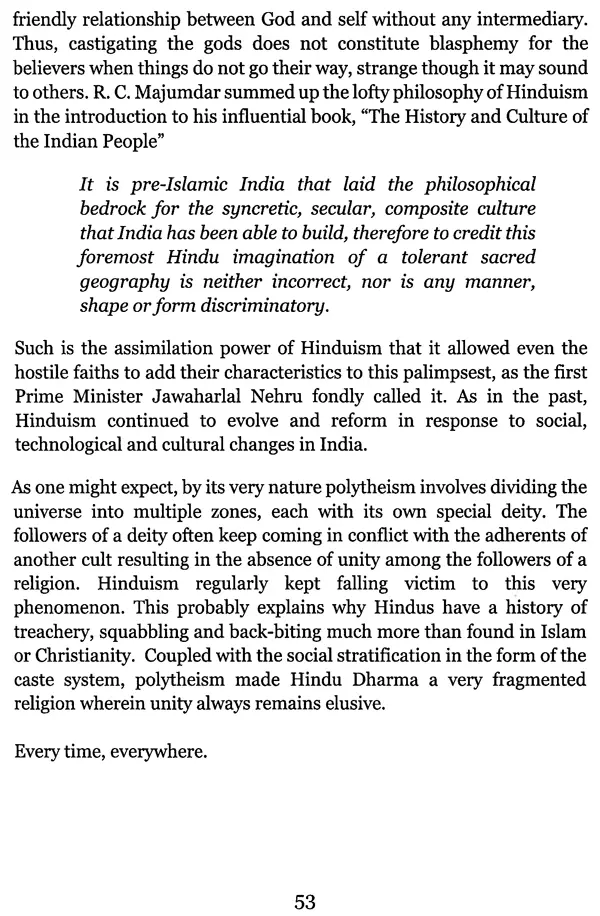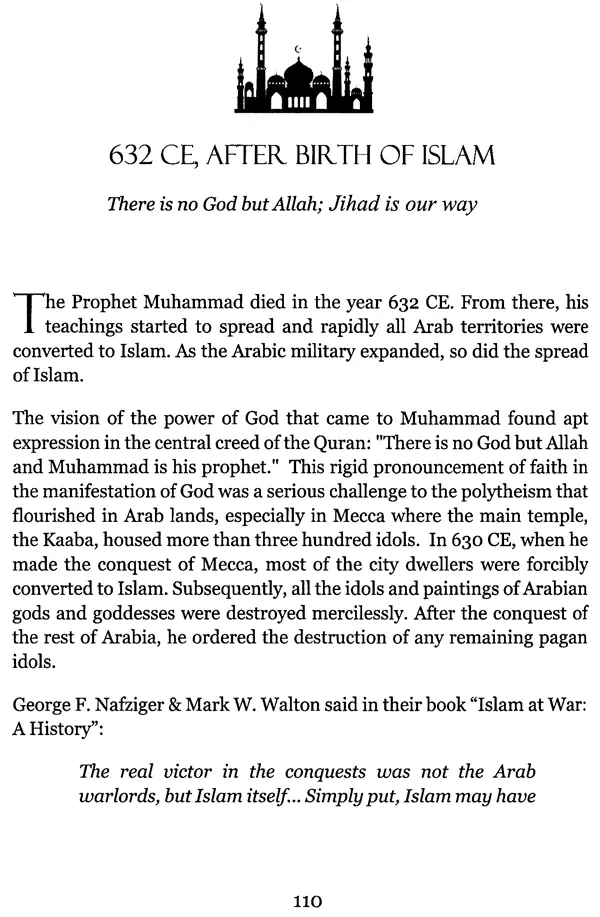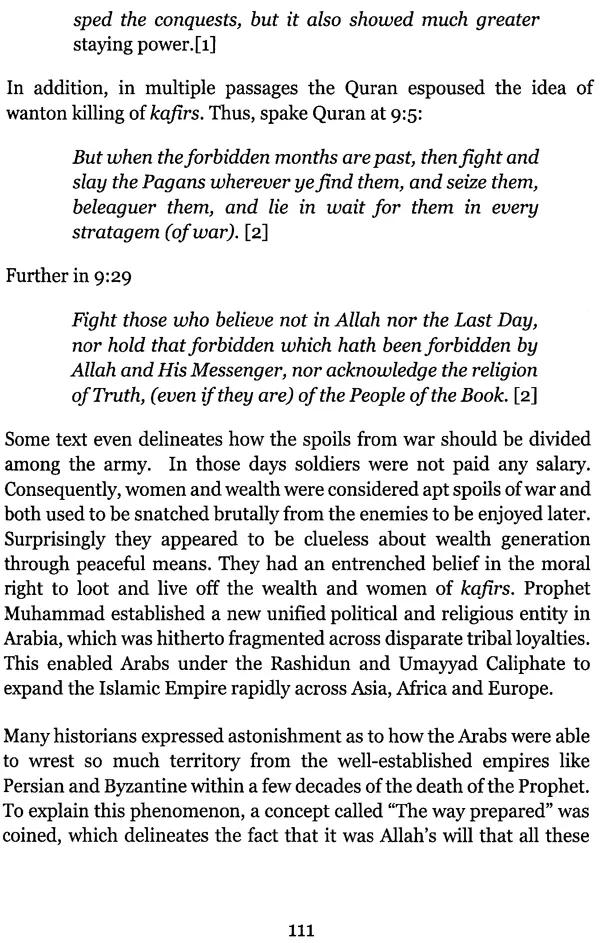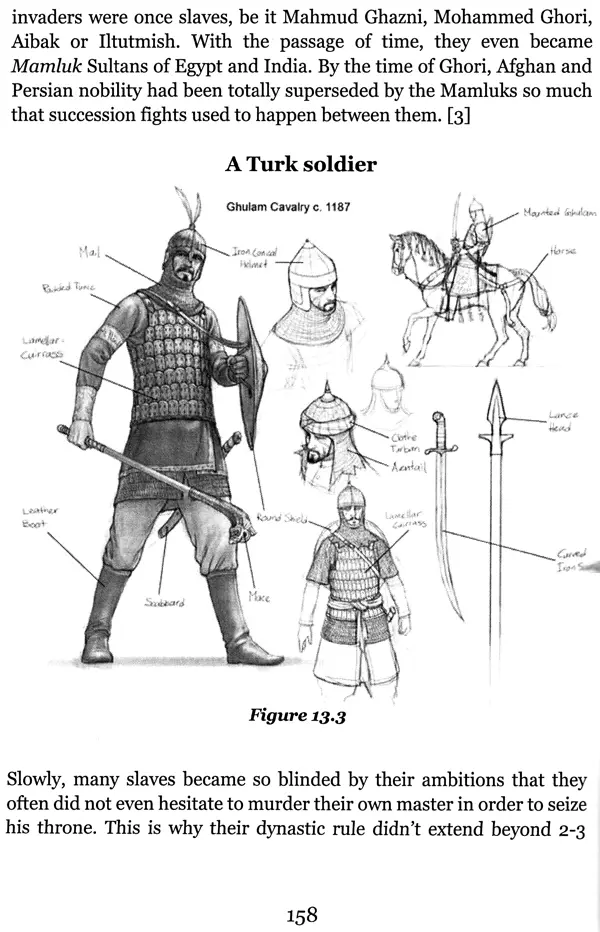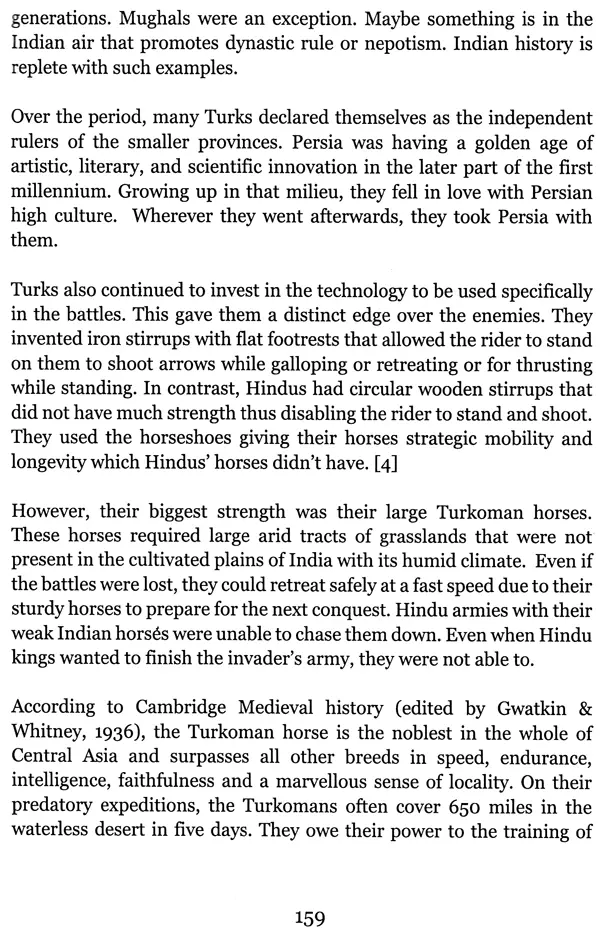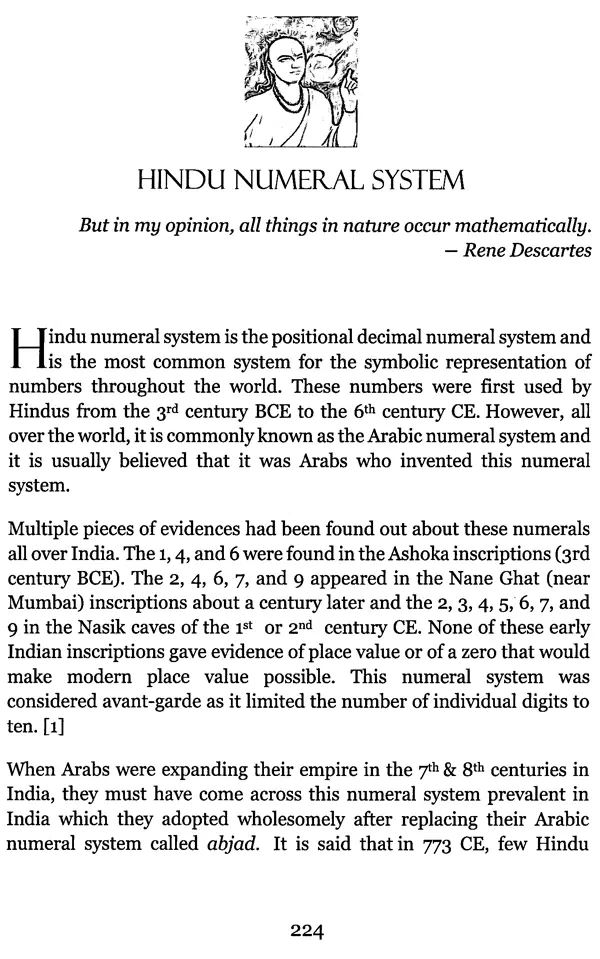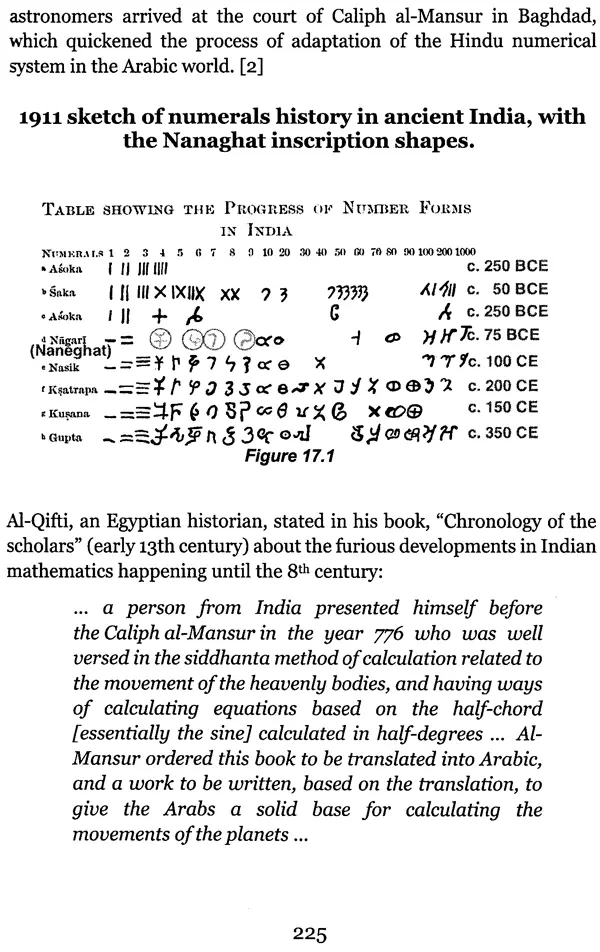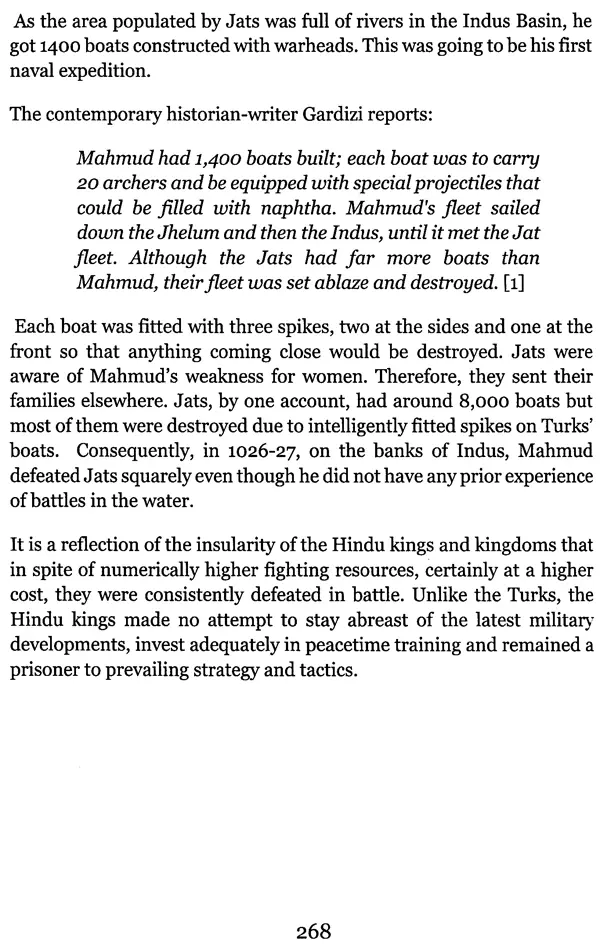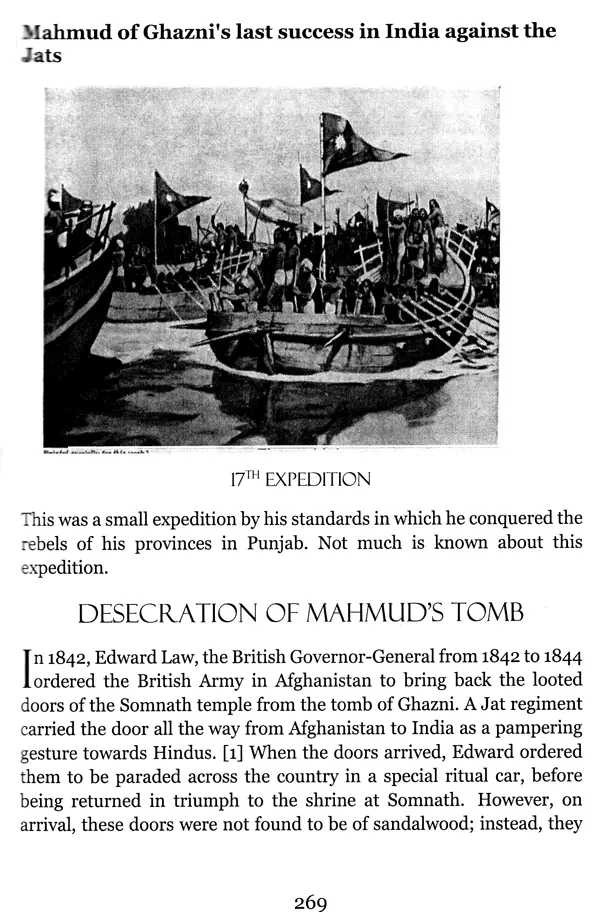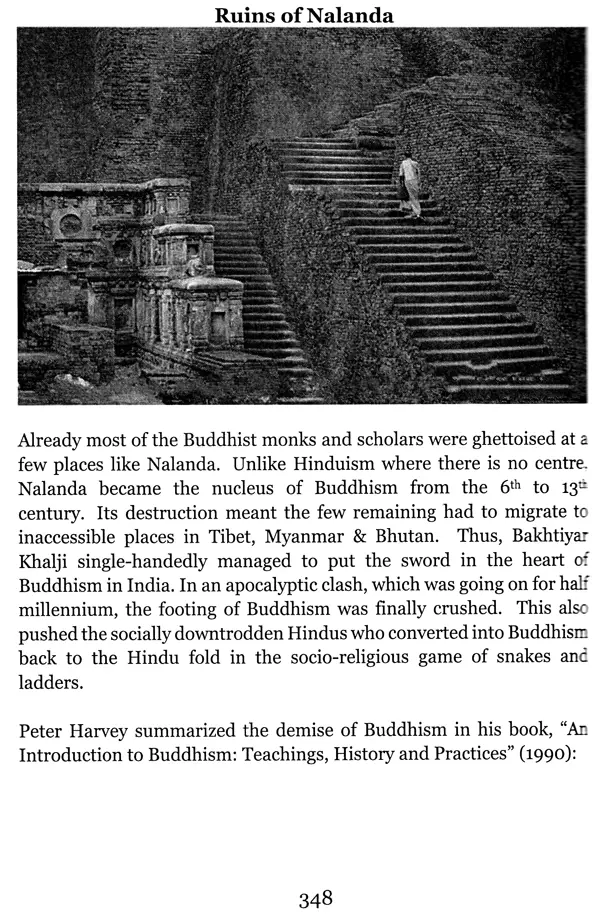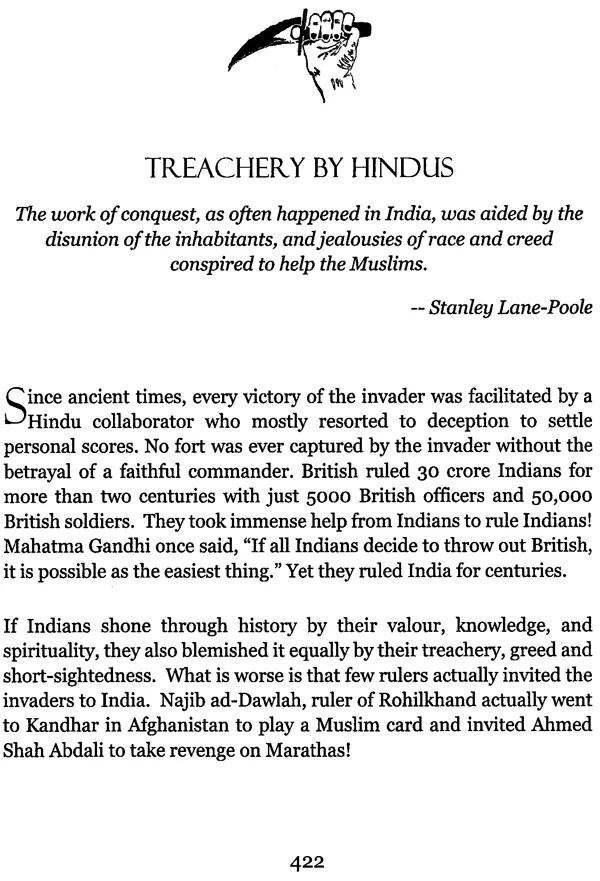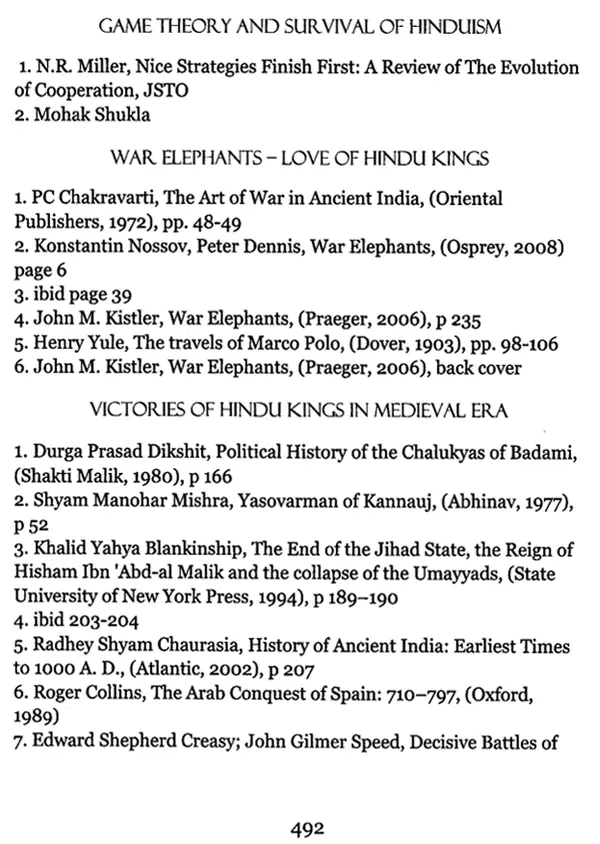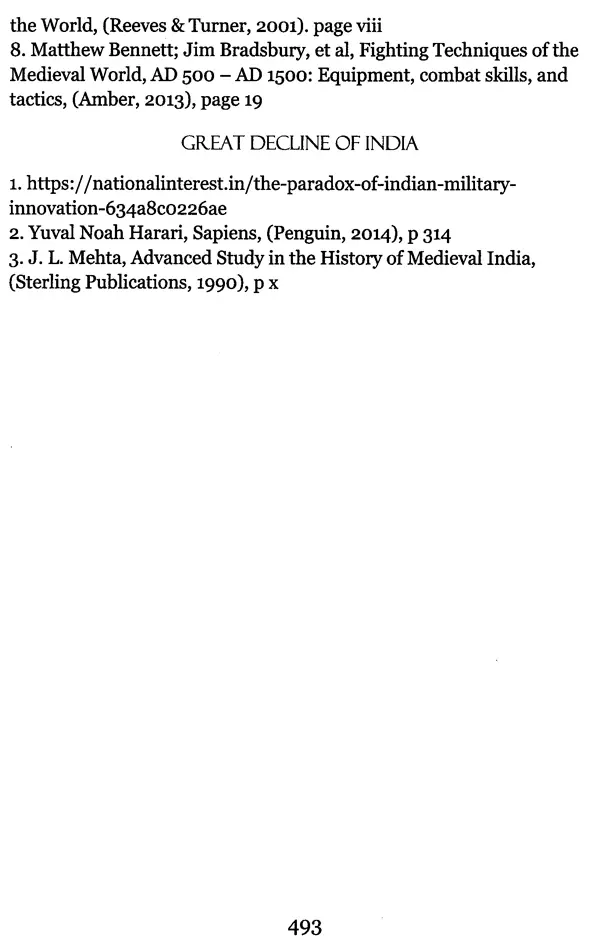
Swift Horses Sharp Swords- Medieval Battles Which Shook India
Book Specification
| Item Code: | UAF984 |
| Author: | Amit Agarwal |
| Publisher: | Amit Agarwal |
| Language: | English |
| Edition: | 2022 |
| ISBN: | 9789354165214 |
| Pages: | 500 (Throughout B/W Illustrations) |
| Cover: | PAPERBACK |
| Other Details | 8.50 X 6.00 inch |
| Weight | 580 gm |
Book Description
Another malicious propaganda run by the British was that Hindus were only concerned with spiritualism and moksha and not concerned with material life at all and hence unfit for complete freedom. This made the many Hindus rightly concerned about the relentless hoopla and the likes of Jadunath Sarkar, KP Jayaswal and RC Majumdar rose to the occasion. Majumdar's Corporate life in Ancient India and Jayaswal's Hindu Polity were a fitting answer to the British's fallacious assertions.
Despite these efforts, so-called historians with a biased approach rewrote the history which was designed to keep Hindus wallow in shame and self-doubt. The unfortunate result of this phenomenon is that our generations are growing up with an acute inferiority complex about their native culture, traditions and religion.
In India change is painfully slow and often triggered by external compulsions rather than foresight, even after a lapse of 1,000 years.
It may be recalled that exactly 1,000 years back, Mahmud Ghazni was destroying Mathura and Kannauj and committing atrocities unheard of before in Hindu society. How could a militarily sturdy and numerically stronger king like Prithviraj Chauhan come a cropper in the 2nd battle of Tarain? Islamist invasions and attacks started sometime in 685 CE and continued even after 1192 CE when invaders decided to stay put in India. For these 400 long years, why could Indians not do anything substantial for their defence? That Indians, who have a very long and illustrious history of more than 5,000 years, were defeated squarely by tribals who were converted to Islam just a century ago is indeed surprising. The second battle of Tarain was the most significant battle in India's history because the consequences of the loss made India what it is today. In geopolitical terms, loss in that battle made India a part of the greater Islamic world.
Book's Contents and Sample Pages
